LATINO is a large-scale collaborative effort of clinicians and scientists from across the US and several Latin American countries. It is directed by Dr. Eric Storch, from Baylor College of Medicine, and Dr. James Crowley, from the University of North Carolina at Chapel Hill.
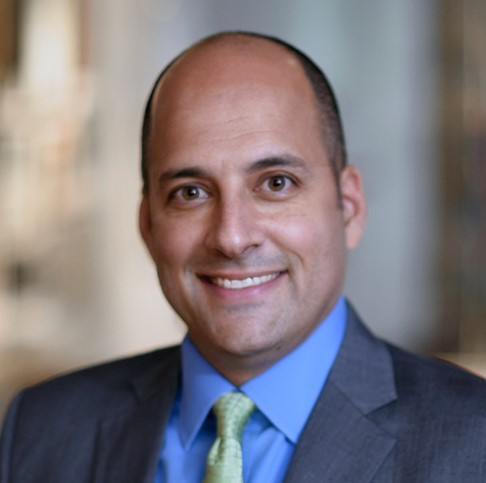
Dr. Storch serves as principal investigator of the LATINO grant for the Baylor College of Medicine site. Dr. Storch is professor and McIngvale Presidential Endowed Chair in the Department of Psychiatry and Behavioral Sciences at Baylor College of Medicine. He serves as vice chair and head of psychology, and co-directs the OCD Program at Baylor with Dr. Wayne Goodman.
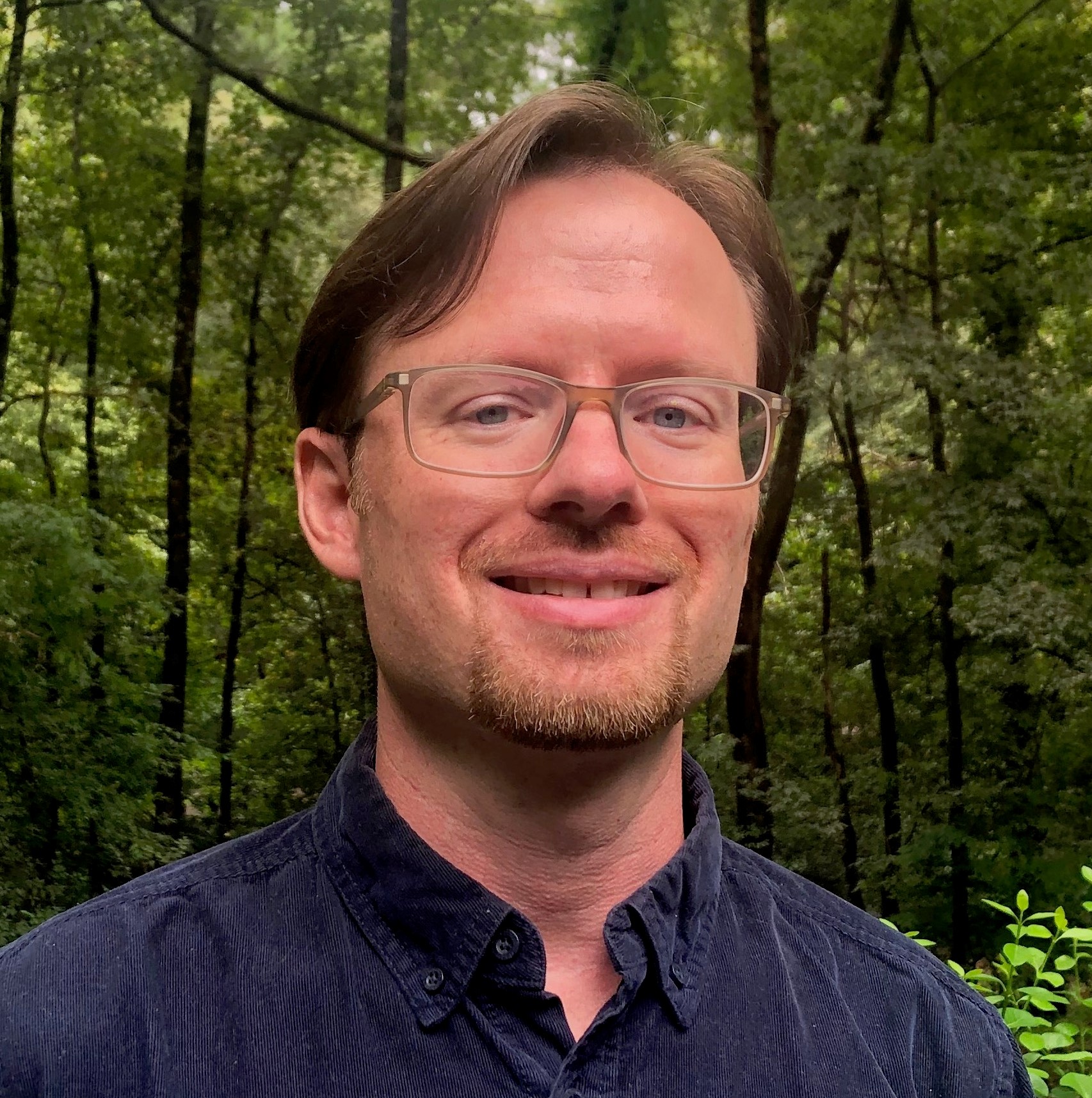
Dr. Crowley's research focuses on psychiatric genomics of OCD and Tourette syndrome. He earned a BS in biology from Cornell University and a Ph.D. in pharmacology from the University of Pennsylvania, followed by postdoctoral work in genetics at Duke University.
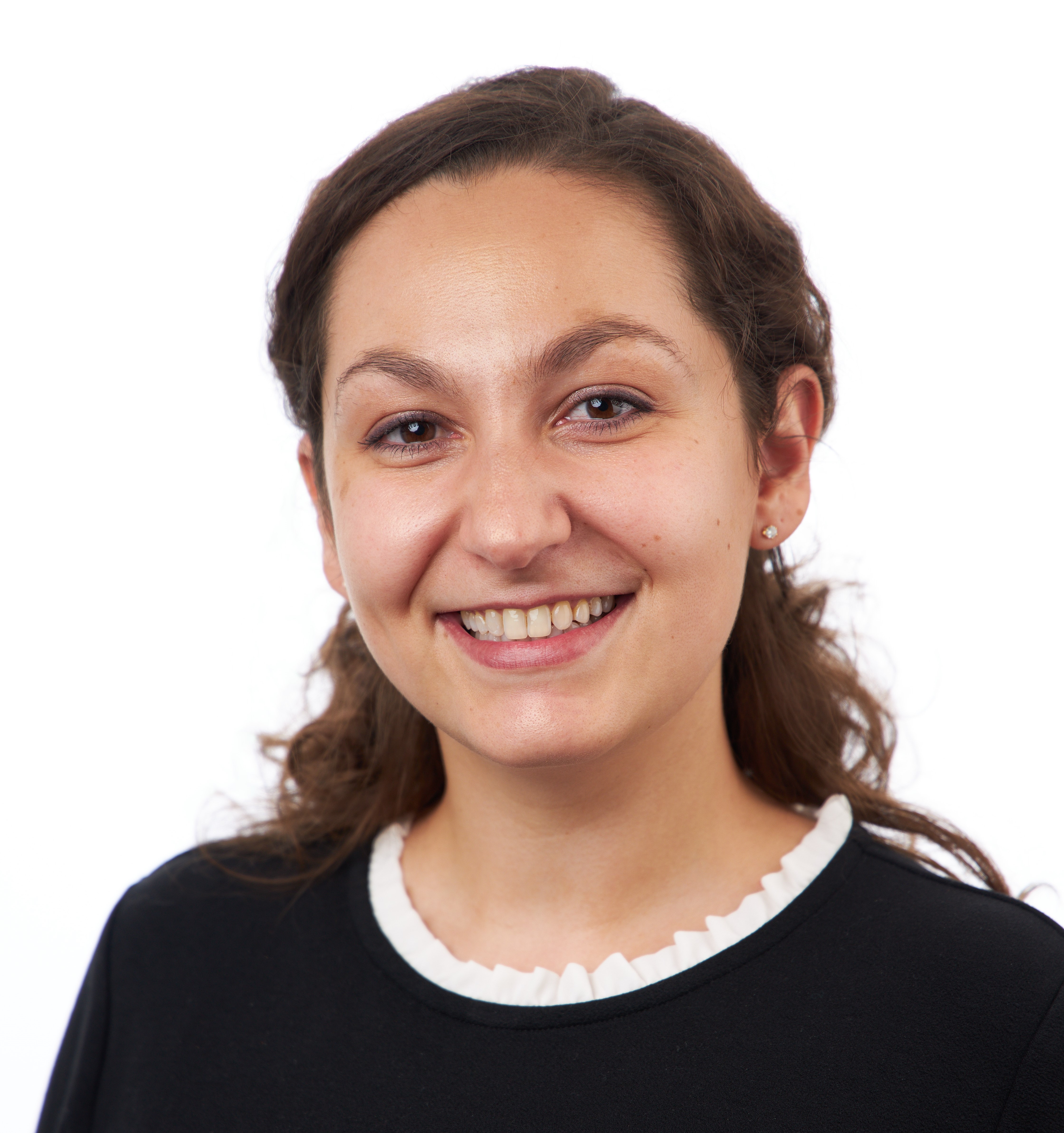
Dr. Atkinson is an assistant professor in the Department of Molecular and Human Genetics, Baylor College of Medicine. She is a population and statistical geneticist working towards increased inclusion of diverse ancestry participants in genomics. Her work is centered around neuropsychiatric traits with particular focus on admixed American populations and groups of African descent, though many of her tools are broadly applicable across phenotypes and populations.

Dr. Goodman is an Irene Ellwood professor and chair of the Menninger Department of Psychiatry and Behavioral Sciences at Baylor College of Medicine, specializes in Obsessive-Compulsive Disorder (OCD) and Deep Brain Stimulation (DBS) for intractable psychiatric illnesses. He is the principal developer of the Yale-Brown Obsessive Compulsive Scale (Y-BOCS), the gold standard for assessing OCD, and co-founder of the International OCD Foundation.
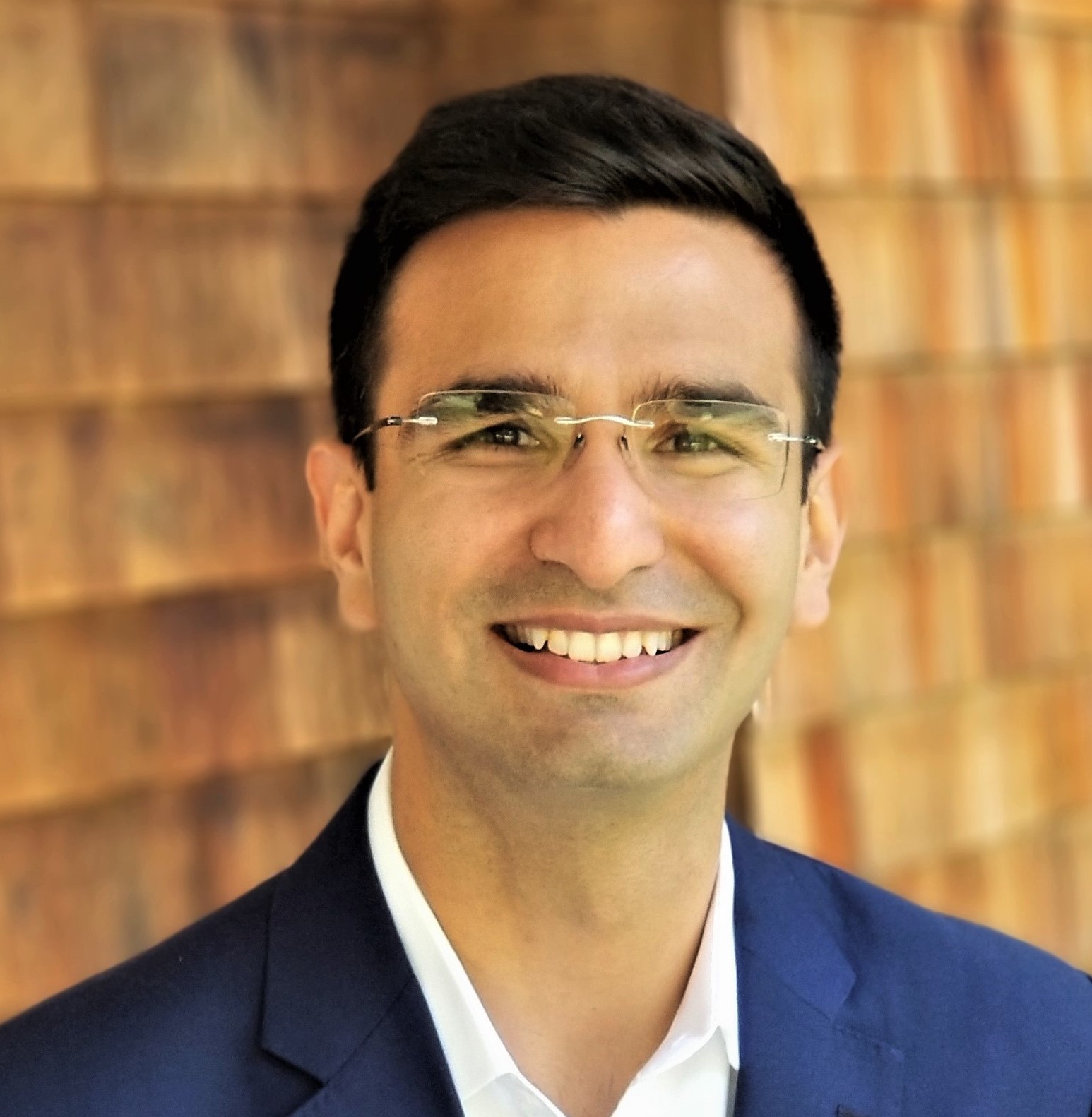
Dr. Zoghbi is an assistant professor in the Departments of Psychiatry and Molecular and Human Genetics at Baylor College of Medicine and serves as chief of Neuropsychiatric Genetics. He is a psychiatrist and geneticist whose research interests include the genetic basis of severe forms of mental illness, genetic mechanisms of treatment resistance, and the clinical implementation of genetics to improve risk prediction and novel therapeutic development.
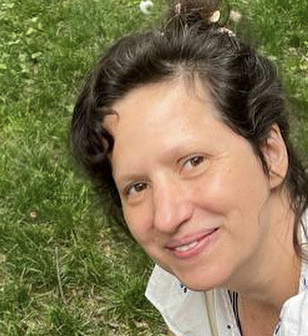
Dr. Cappi is a postdoctoral fellow in the Buxbaum lab at the Department of Psychiatry at the Icahn School of Medicine at Mount Sinai. Carolina's interests are in psychiatric genomics, particularly obsessive-compulsive disorder (OCD) and pediatric psychiatric disorders, and in leveraging samples of diverse ancestry to facilitate gene discovery.
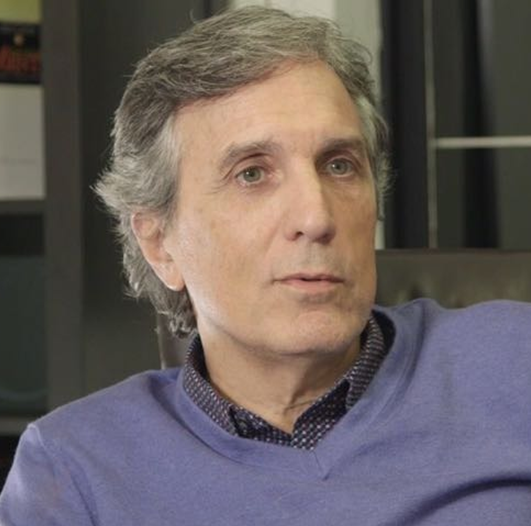
Dr. Miguel is a full professor and vice-chair of the Department of Psychiatry at the Faculdade de Medicina da Universidade de São Paulo (FMUSP, University of São Paulo School of Medicine) and chair of Child and Adolescent Psychiatry. Since 2003, he has been coordinator of the Brazilian Consortium for Research on Obsessive-Compulsive Spectrum Disorders (C-TOC). Prof. Miguel has published over 300 articles and edited 18 books.
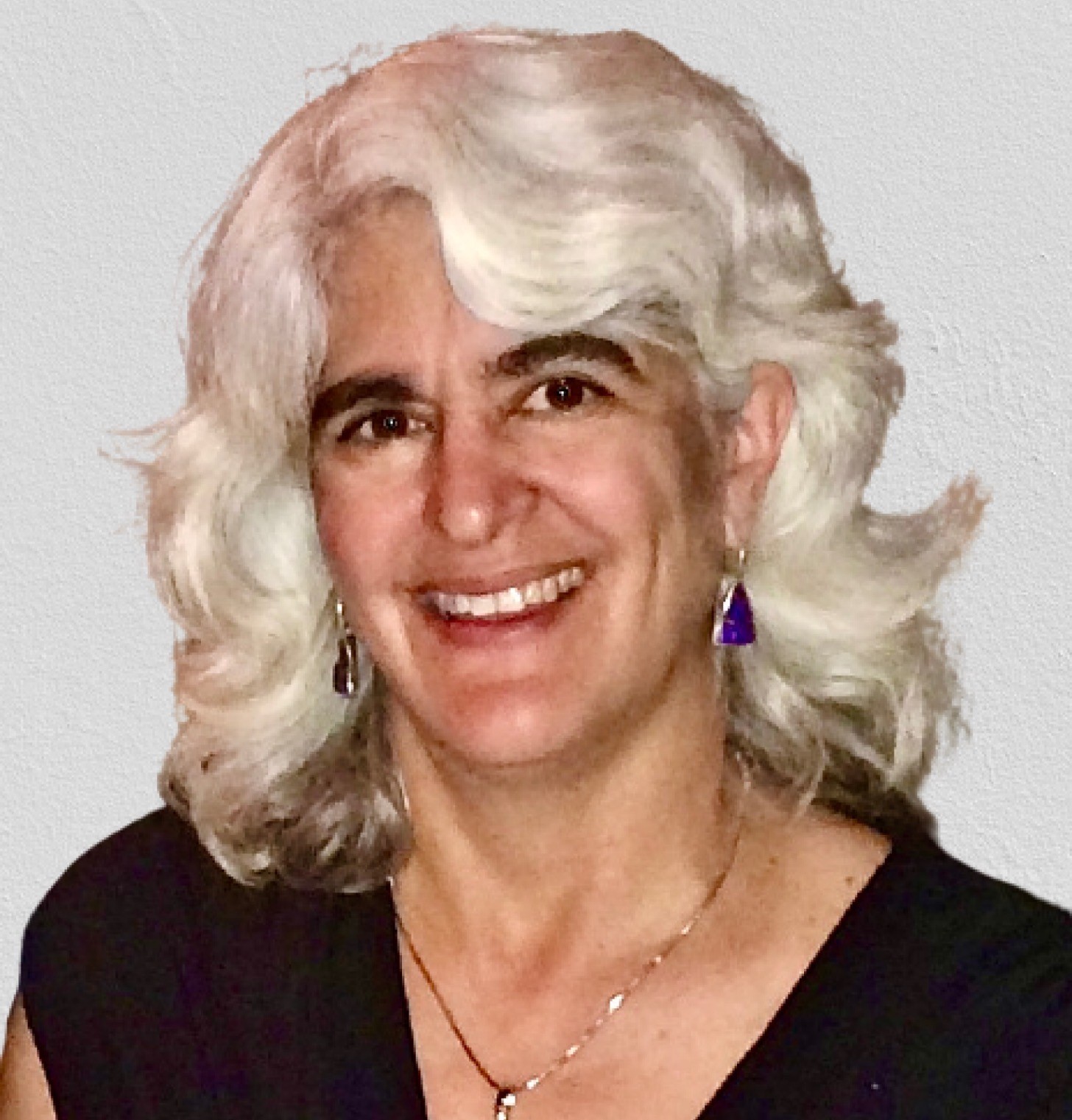
Dr. Pato is the inaugural director of the Rutgers Center for Genomics of Psychiatric Health and Addiction and is a professor of psychiatry in both Robert Wood Johnson Medical School and New Jersey Medical School. Dr. M Pato has co-led, with Dr. Carlos Pato, extensive population genetic studies in schizophrenia, bipolar disorder and OCD for over 30 years, including the Genomic Psychiatry Cohort .
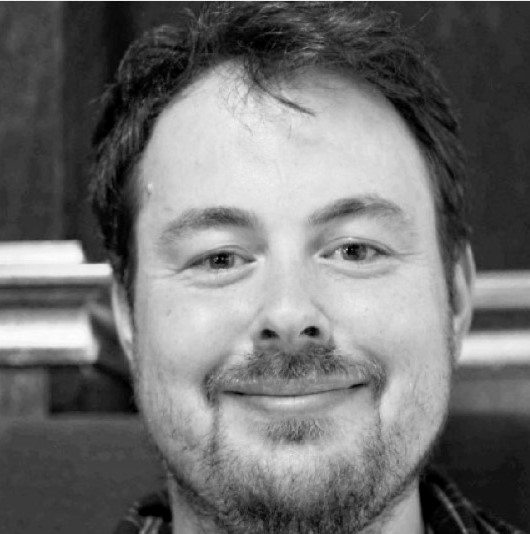
Dr. Mattheisen is an associate professor in the Department of Psychiatry at Dalhousie University. His research focuses on psychiatric genetics and his work has led to identification of disease-causing genetic variation in a variety of disorders, including schizophrenia, alcohol dependency, bipolar disorder, obsessive-compulsive disorder (OCD), ADHD, autism, anxiety disorders, and major depressive disorder. Dr. Mattheisen co-chairs the Psychiatric Genomics Consortium (PGC) TS/OCD disease working group.
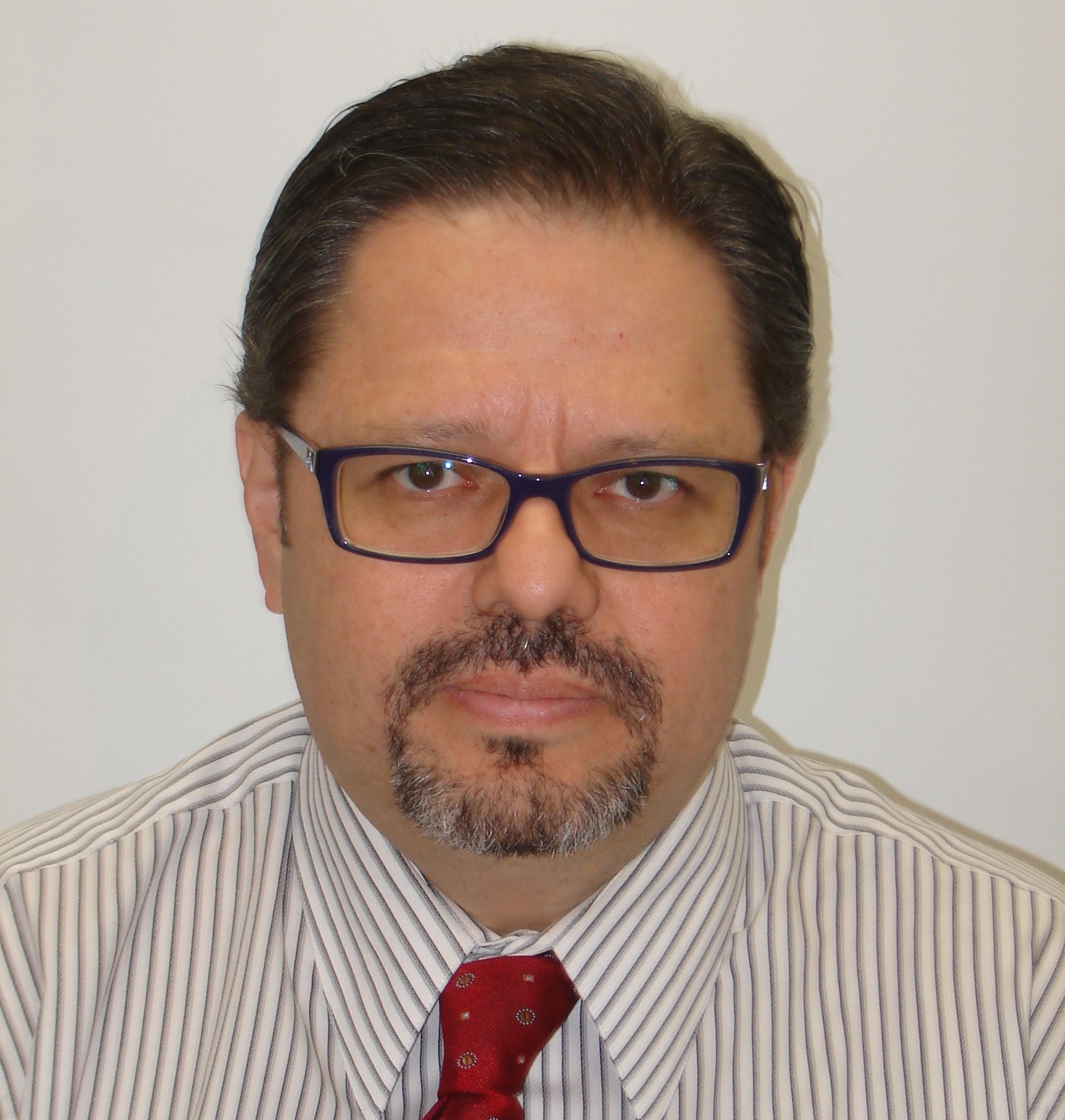
Dr. Nicolini is chief of the Laboratory of Psychiatric Genetics at Psychiatric Services and the National Institute of Genomic Medicine in the Minister of Health, as well as the director of the OCD Mexican Association and Carracci Medical Group in Mexico City. His main lines of research are on the genetics of several conditions such as obsessive compulsive disorder, suicide, alcoholism, autism and pharmacogenetics. Dr. Nicolini has published seven books, and more than 240 research papers in peer review journals.
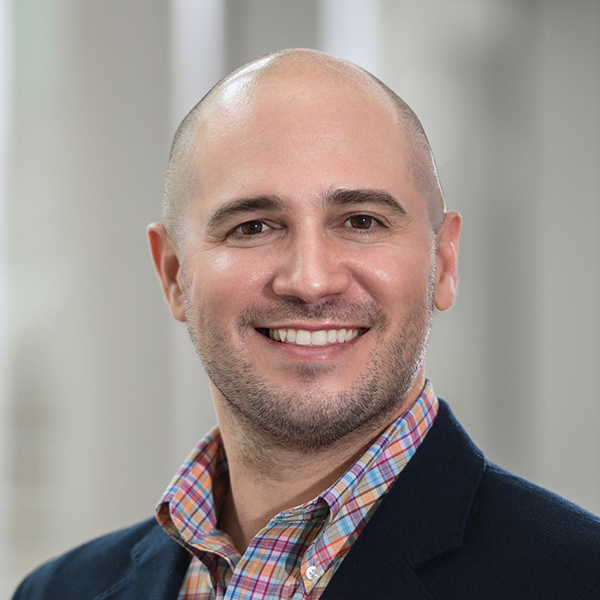
Dr. Lázaro-Muñoz is an assistant professor of psychiatry in the Center for Bioethics at Harvard Medical School and the Department of Psychiatry at Massachusetts General Hospital. Dr. Lázaro-Muñoz combines his background in neuroscience, law, and bioethics to examine the implications of emerging biomedical technologies in neuroscience and genomics.
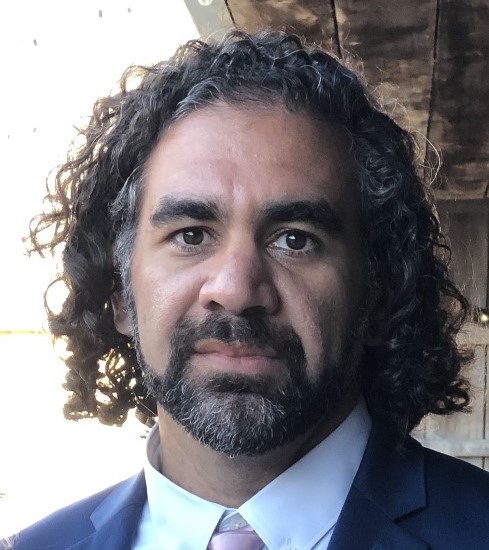
Dr. Bigdeli is a statistical geneticist at SUNY Downstate in Brooklyn, NY whose research centers on the epidemiologies of schizophrenia, bipolar disorder, and major depressive disorder in diverse populations. He currently leads analytical efforts for the Genomic Psychiatry Cohort (GPC) and VA Cooperative Studies Program (CSP) #572.

Dr. Huang is an assistant professor at Harvard Medical School and Massachusetts General Hospital. He is also an associated member of the Broad Institute. His research focuses on developing new statistical and analytical methods to understand the genetic factors driving complex disorders, especially autoimmune and psychiatric disorders. His studies use large-scale data from various consortia and public sources such as UK Biobank, the National Institutes of Health (NIH) Roadmap for Medical Research, and the Genotype-Tissue Expression (GTEx) project.

Dr. Pereira is an assistant professor in the Center for Medical Ethics and Health Policy. Her current research focuses on social and ethical issues in genomics, with particular emphasis on the impact of integrating genomics into the clinical care of different populations, including newborns, healthy adults, and military personnel. Additional research interests include issues related to banking, sharing, and research use of human biospecimens. She received her BA in psychology from Clark University, summa cum laude, and her PhD in anthropology from Rice University.
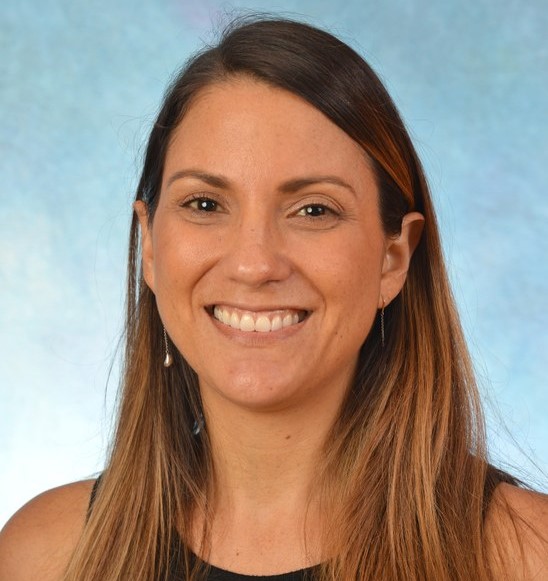
Dr. Giusti-Rodríguez is an assistant professor in the Department of Psychiatry at the University of Florida. Her work lies at the intersection between neuroscience and functional genomics, and she aims to integrate the tools and techniques of these fields to shed light on the genetics of neuropsychiatric disorders. Dr. Giusti Rodríguez is co-founder of the Latin American Genomics Consortium, which seeks to increase the representation of research participants from Latinx admixed ancestry in genetic studies on psychiatric disorders.
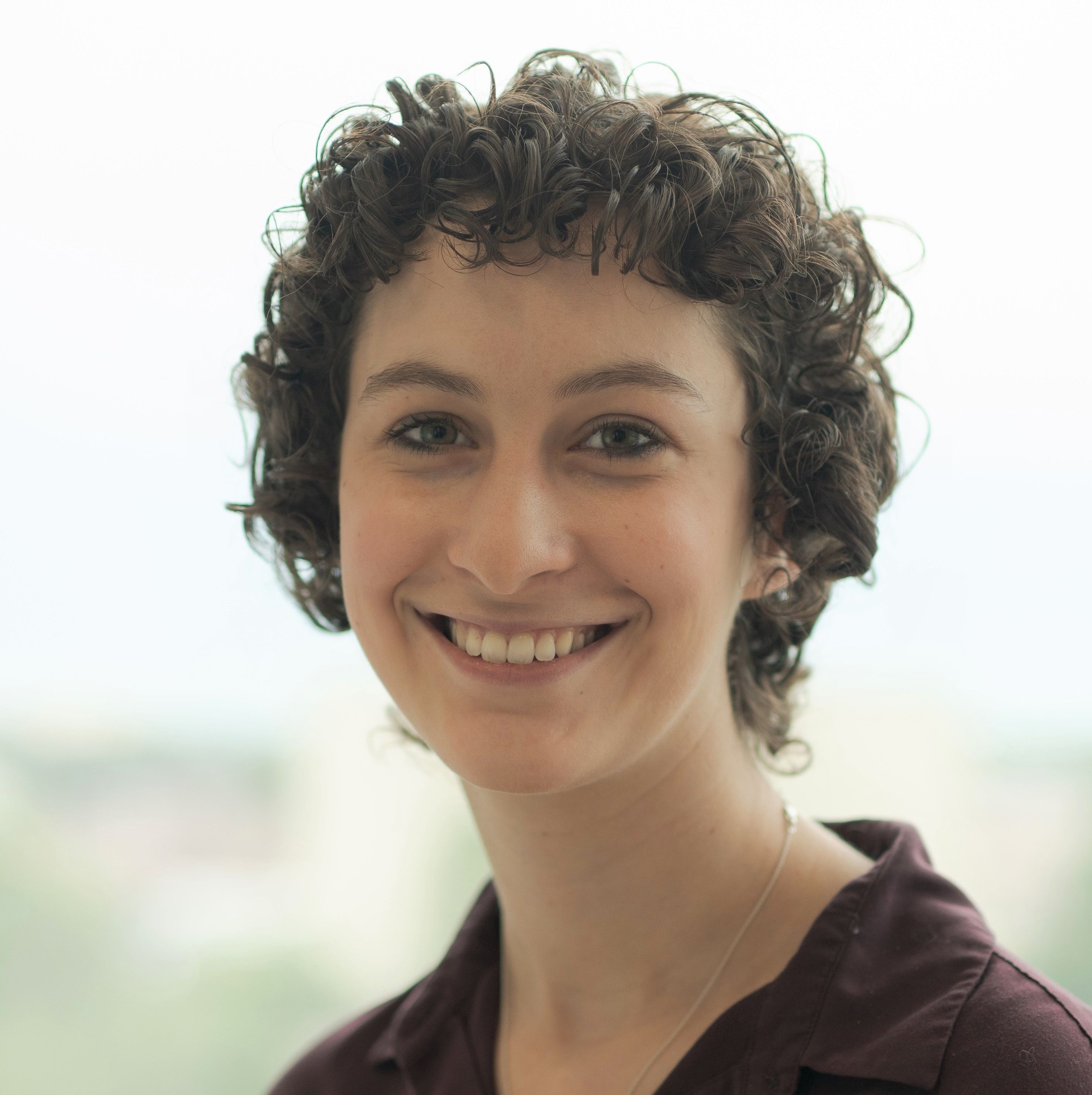
Saira received a Bachelor of Arts in philosophy from Rice University. Her primary research interests include obsessive-compulsive and related disorders and prevention and early intervention in mental health. She currently serves as lab manager for Dr. Eric Storch, where she assists with various research projects on anxiety, obsessive-compulsive disorder, misophonia, depression, and more.

Dr. Wiese completed his Ph.D. in clinical psychology from the University of Missouri – Kansas City in 2021. As a clinician and researcher, he is focused on advancing understanding of anxiety and obsessive-compulsive spectrum disorders while also providing empirically supported interventions to individuals with these conditions.
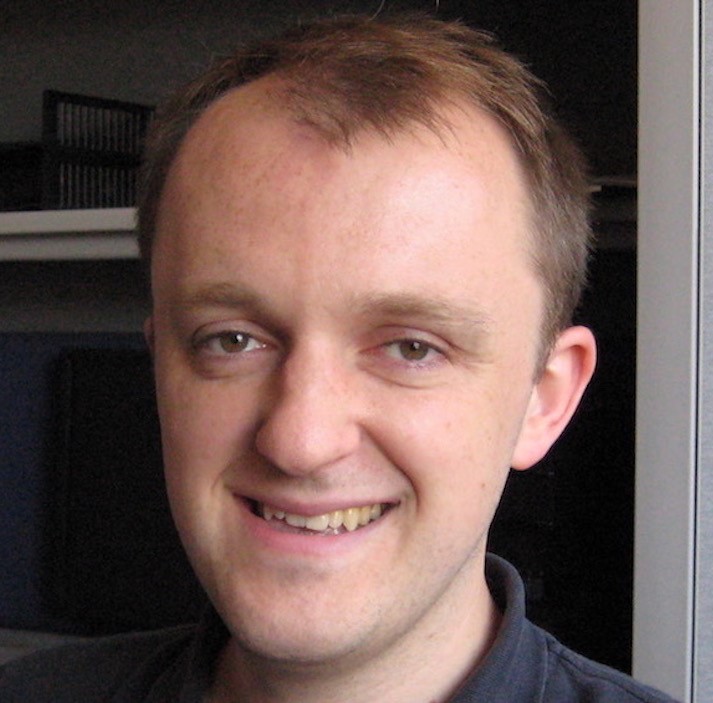
Dr. Halvorsen's research focuses on analyzing common and rare genetic variation in Obsessive Compulsive Disorder and Tourette’s Syndrome, with the ultimate goal of determining what genetic variants confer risk. He received his Bachelors of Science in biochemistry from SUNY Geneseo and a Ph.D. in bioinformatics and computational biology from UNC Chapel Hill, followed by postdoctoral training in genetics at Columbia University.








